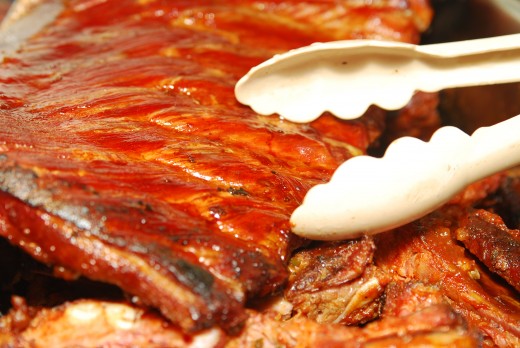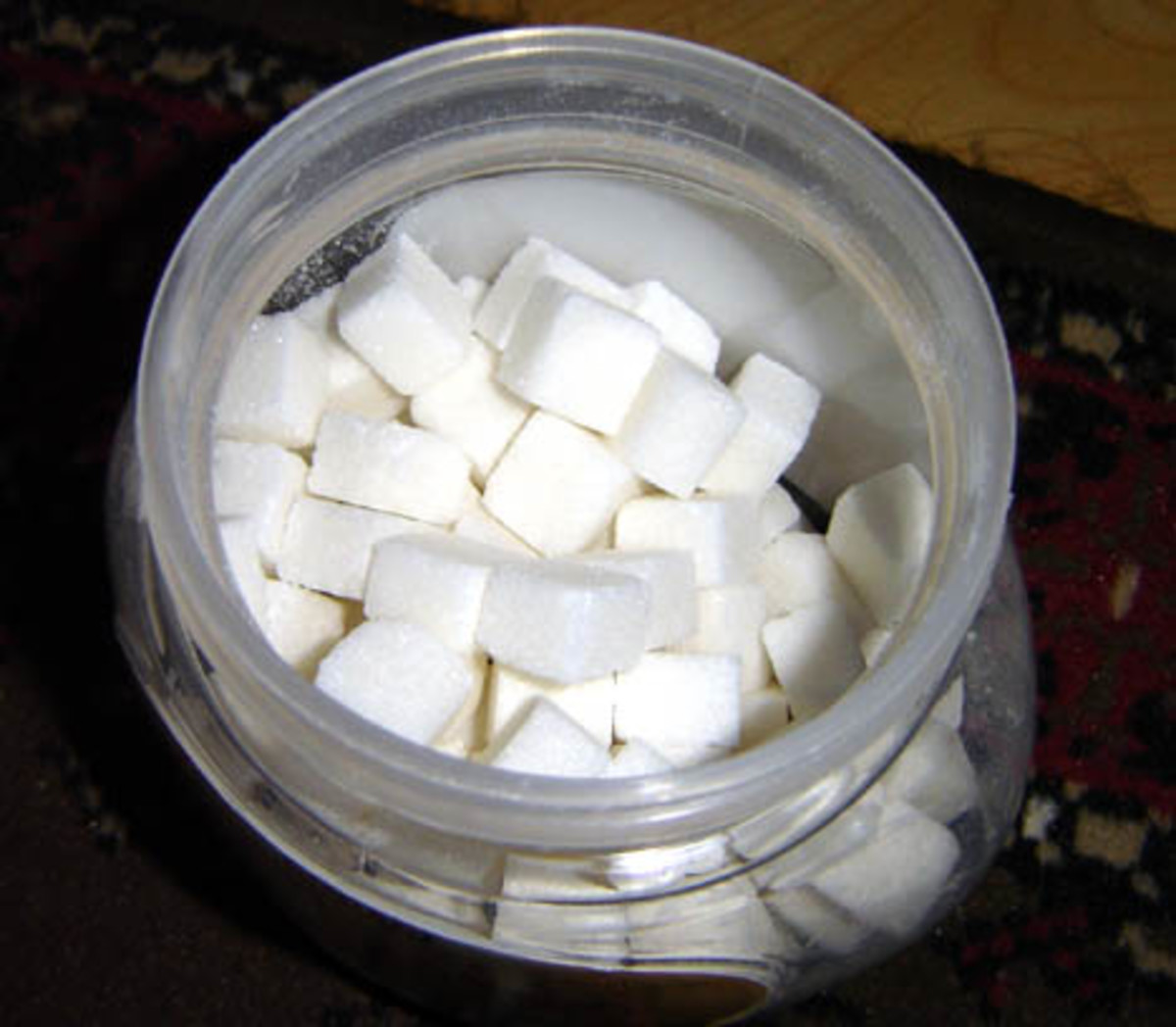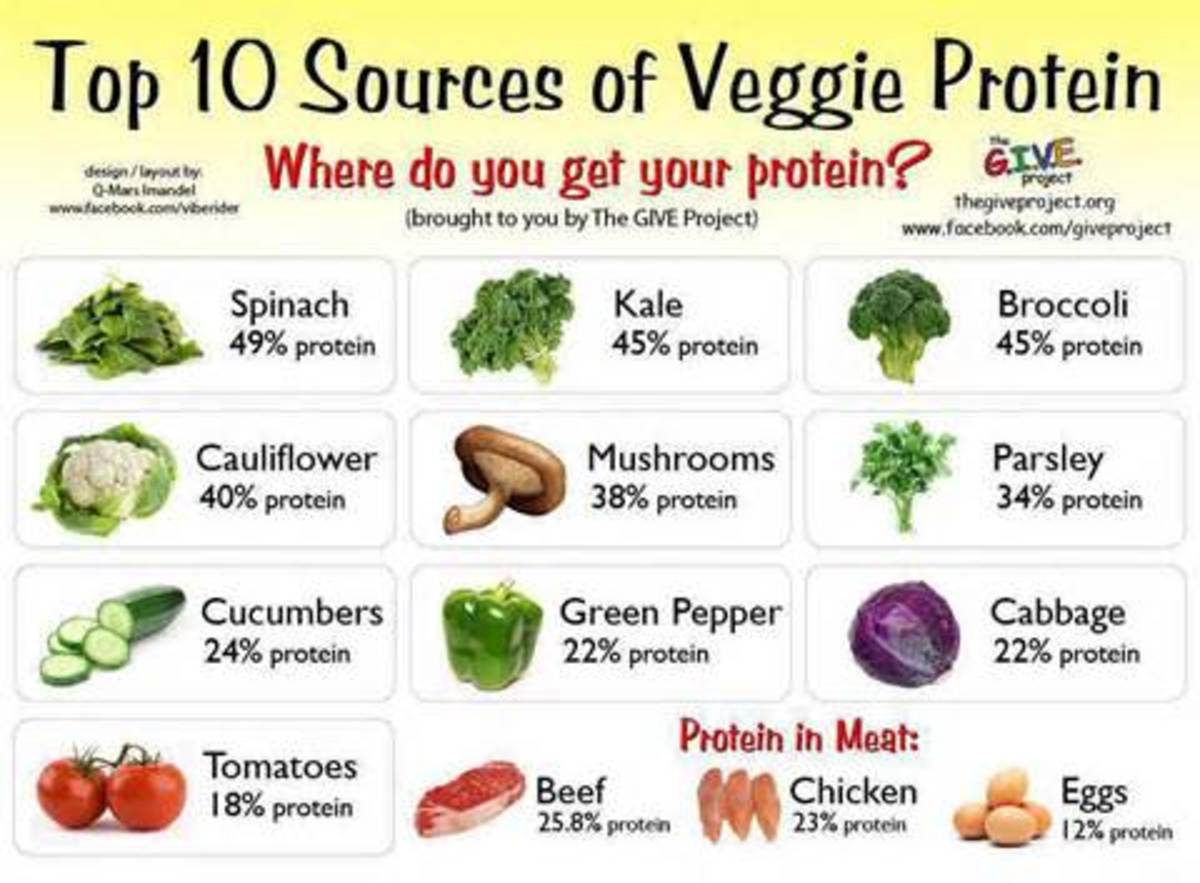Junk Food and High Sugar Foods: How the Body Responds

The Case Against High Sugar Junk Food
Don’t give me chocolate and candy as a gift, unless of course you’re trying to tell me you wish I were dead. And don’t think you’re doing me any favours by taking me to a fast food joint – on you. Because well, what chocolate, candy and junk foods will ultimately do is kill me. Slowly. Painfully. In fact, they very well were starting to kill me until I wizened up, but that’s another story altogether…
What I want to do now is worn you my friend. It took a whole lot of pain for me to stop my junk food addiction, and hopefully this will help you start your own journey towards freedom too…
Now not to put a dampener on the man who brings chocolates as a gift for his girlfriend and all that, but sugar is really bad news.
A can of Coke has 39 grams of sugar. I’m betting you never knew that one small bag of Skittles has 47 grams of sugar? That’s more than a whole can of Coke, and let’s be honest…no one’s telling us Coke is actually good for us!
Chocolate and candy contain no goodness whatsoever. They have no fibre, vitamins, minerals, proteins or nutrients.
What Happens in The Body After We Consume High Sugar Junk Food?
Firstly, within 10 minutes, it hits your system.
After 20 minutes, your blood sugar spikes which causes an insulin burst which causes your liver to turn the sugar into fat = weight gain!
After 40 minutes, the blood pressure rises, and your liver dumps more sugar into your bloodstream. Drowsiness is prevented when the adenosine receptors in your brain are blocked which is what’s happening after 40 minutes of sugar consumption.
Now here’s the fascinating part…within 45 minutes, your system increases dopamine production, stimulating the pleasure centre of the brain and you know what? It’s the same physical response you would get from taking heroin!
And just as an interjection here, the smell at fast food restaurants does the same thing, which makes it really hard to choose the salad and grilled steak instead of the high fat fries and cheeseburger. So you may want to actually just plain avoid fast food joints altogether!
Let’s get back to sugar effects…after 60 minutes, something else interesting happens if you’ve ever wondered why coffee makes you run to the loo so much! Now if you’ve had coffee, or eaten chocolate, it’s the caffeine which makes you run to the loo for a wee, and with it, you eliminate important nutrients including calcium, magnesium, and zinc, as well as sodium, electrolytes, and water…
After an hour, you’ll start with a sugar crash, meaning you’ll likely become irritable and sluggish. Which then results in increasing the system’s desire to get you to consume more sugar.
So that’s high sugar foods. What about when you consume other junk food like greasy burgers, fries, pizza, etc.?

The Case Against Fatty, Processed Junk Food
Well, Morgan Spurlock, a 33 year old very brave and rather healthy New York man, decided to conduct an experiment on himself by only consuming McDonalds food for a month. Funnily enough, the results were rather horrifying on a physical and psychological level…
Within days, Spurlock was vomiting up his burgers and battling with headaches and depression. And his sex drive vanished!
The doctors monitoring him said his liver became very abnormal.
Within 90 McDonalds meals, he put on nearly 12kg and his cholesterol level leapt from 165 to 230. It took Spurlock 14 months to lose the weight he had picked up in one month on his McDonalds diet! At the end of the 30 days, he became irritable and depressed because he wasn’t getting his “McDonalds fix” – he had become addicted to McDonalds.
People who regularly consume junk food, gain water weight as the result of inflammation because they are sensitive to ingredients in the food and start suffering from what is called a “delayed food intolerance” to the common corn, wheat, soy and dairy found in most junk food which creates an inflammatory response in the body in order to dilute the effect of a toxic reaction. This could be why people who eat a lot of junk food are often thirsty – it’s the body’s response to help protect the system from toxicities.
In addition to weight gain and other health problems as a response to junk food, the following are also symptoms of a steady diet of fast food:
- Constipation (junk food is low in fibre and has a tendency to bog down the digestive process).
- Bad breath and body odour (if the body has a hard time getting rid of the food through the bowel, it attempts to eliminate the toxins from junk food through your sweat glands and breath, hence the odour and bad breath).
- Flatulence (from food intolerances to many of the ingredients in junk food).
- Brain fog and fatigue.
The list goes on, but I hope you get the idea of how junk food affects your body, hampers your life and makes you look and feel bad.
Think you may enjoy junk food too much? Get help with a 100 Days to Health program here:
- The natural way online shop | Mary-Ann's OnlineThe Natural Way Network
Mary-Ann Shearer's 100 Days to Health program - get healthy in small steps and without feeling deprived.









